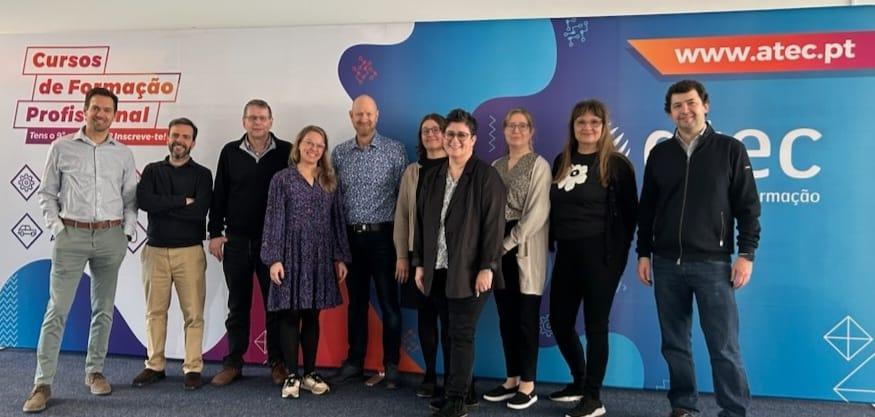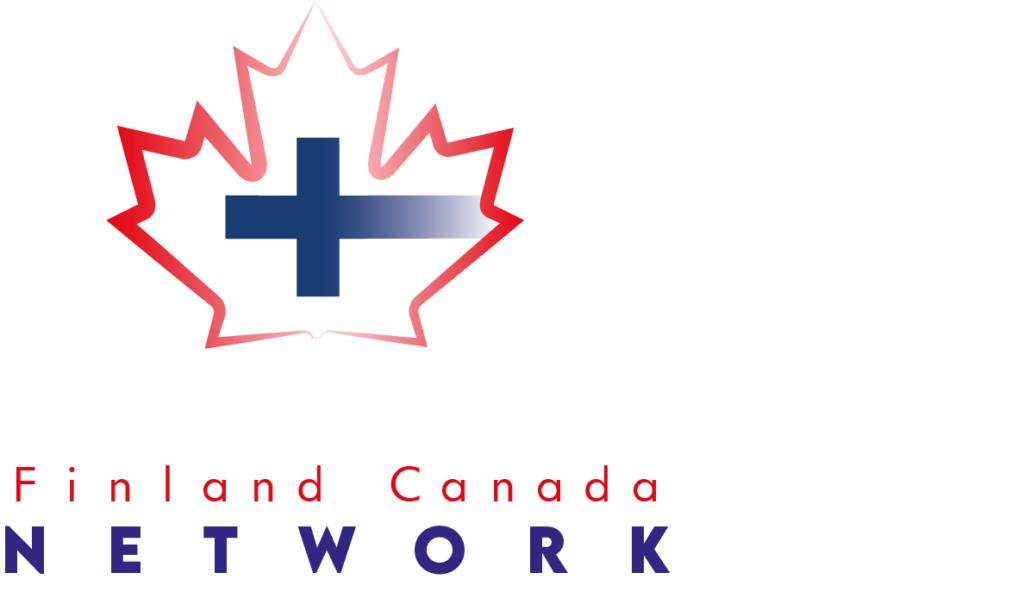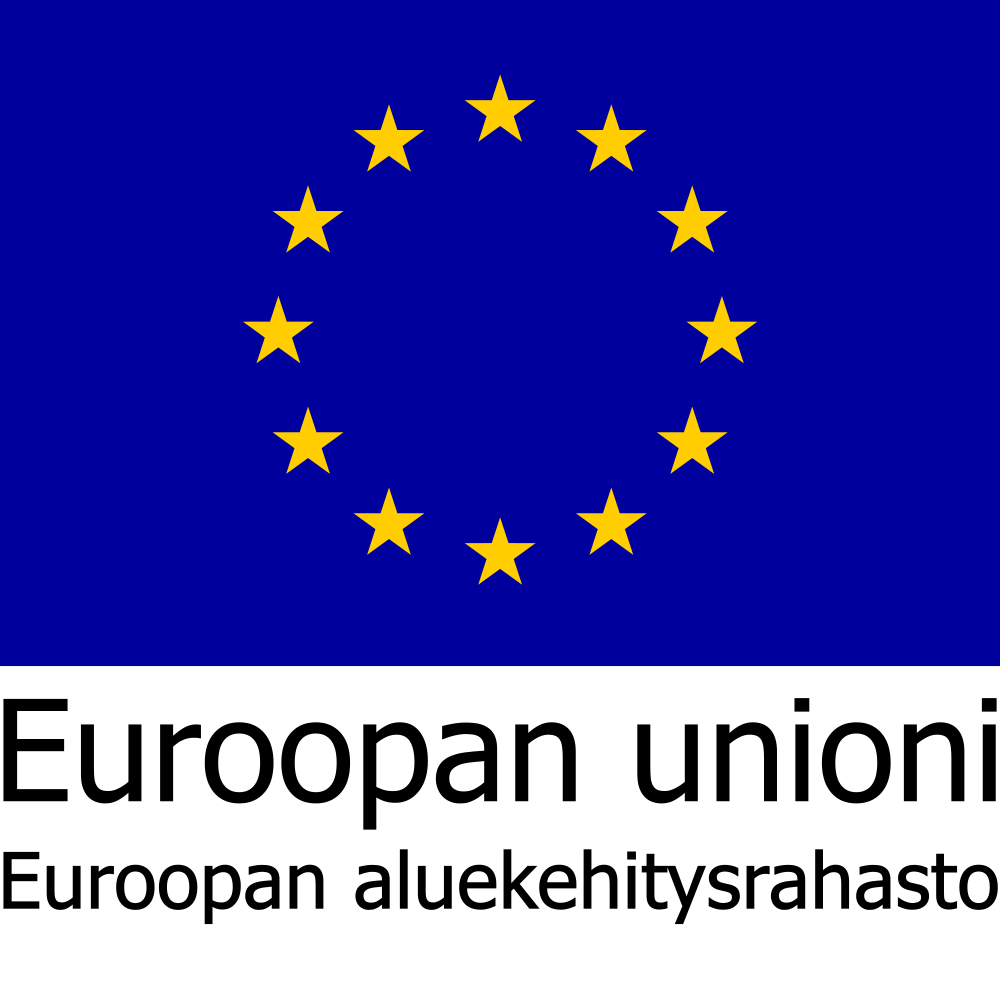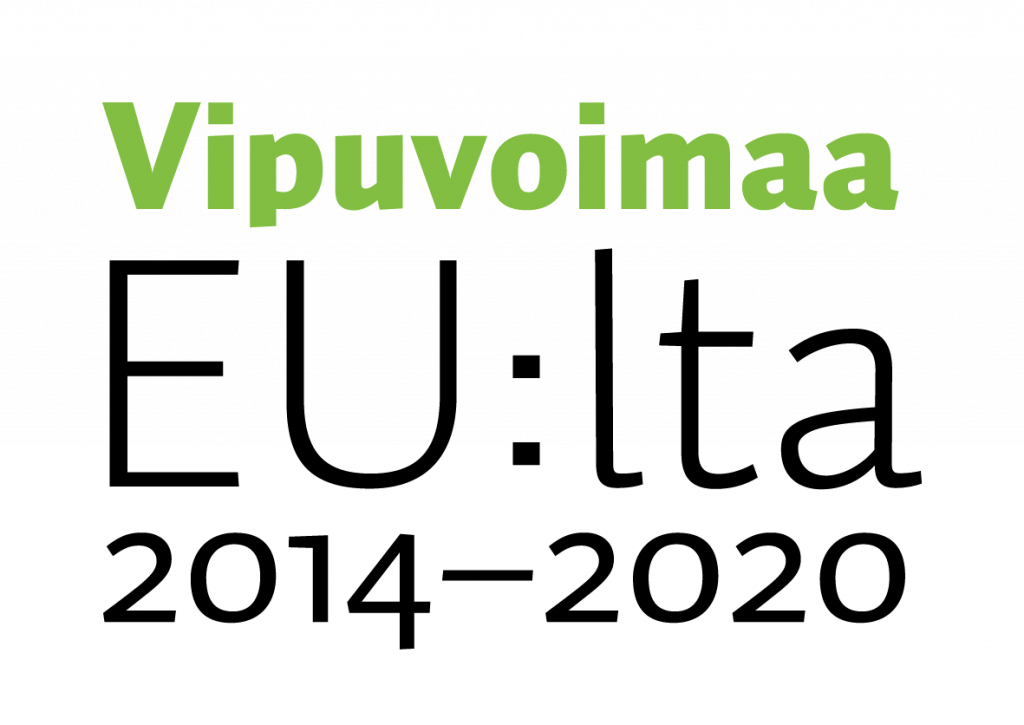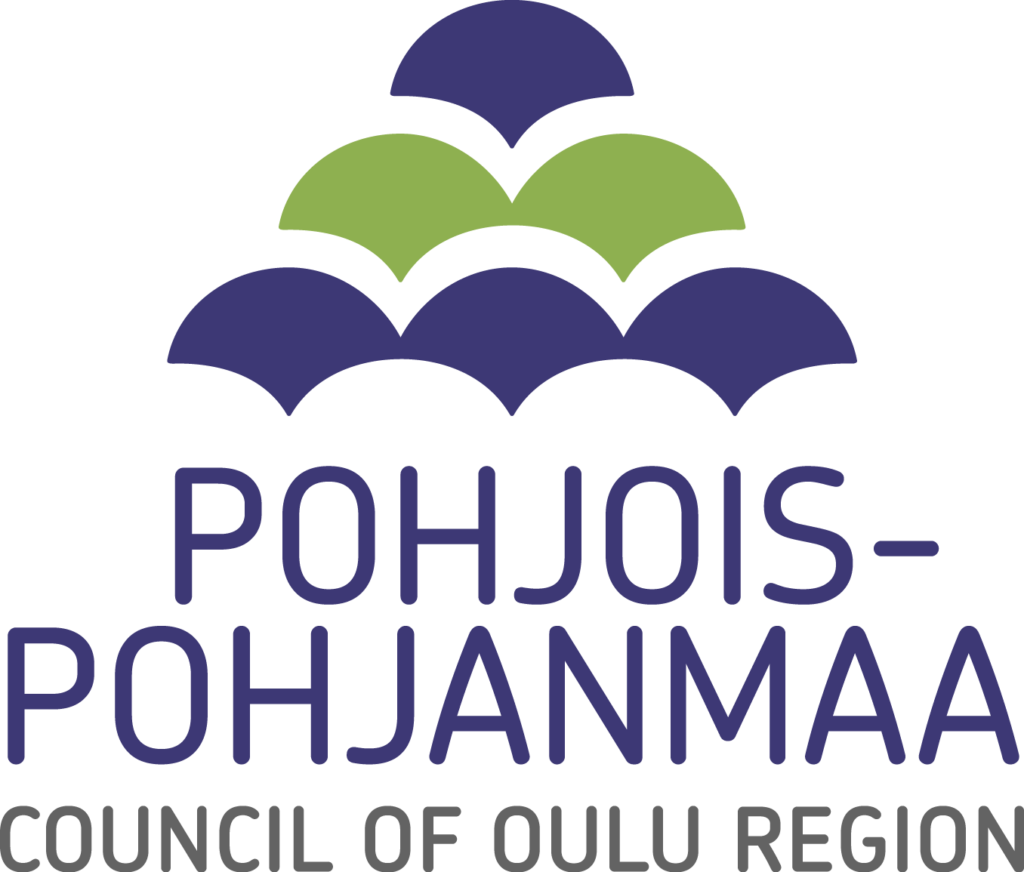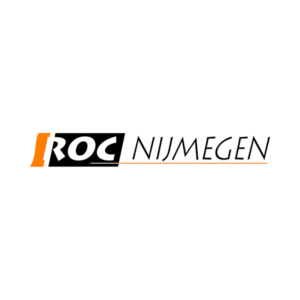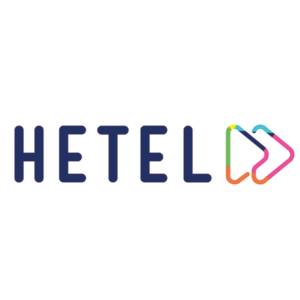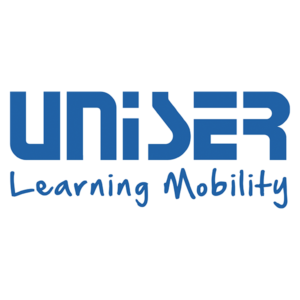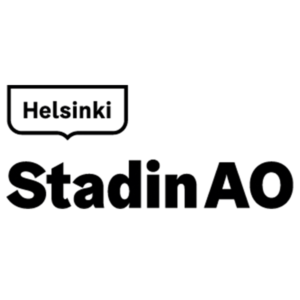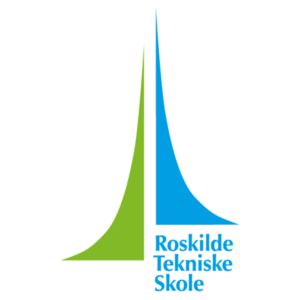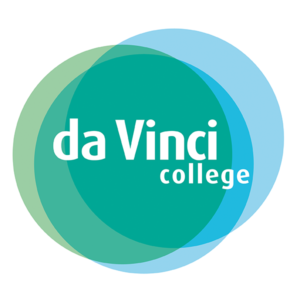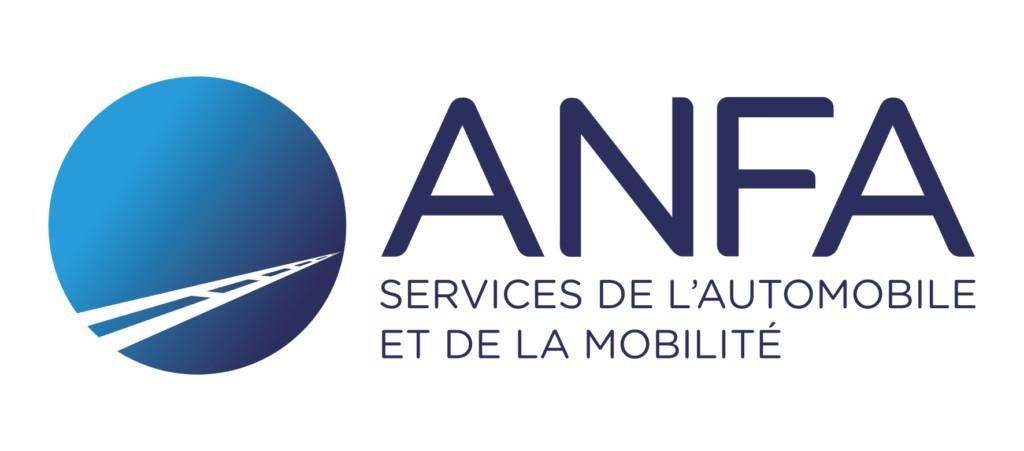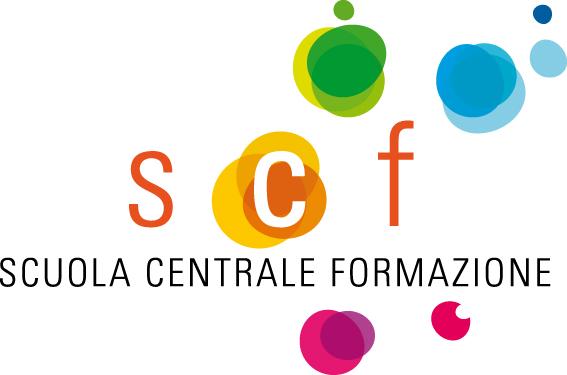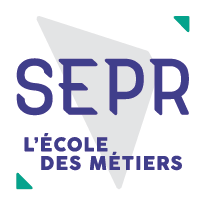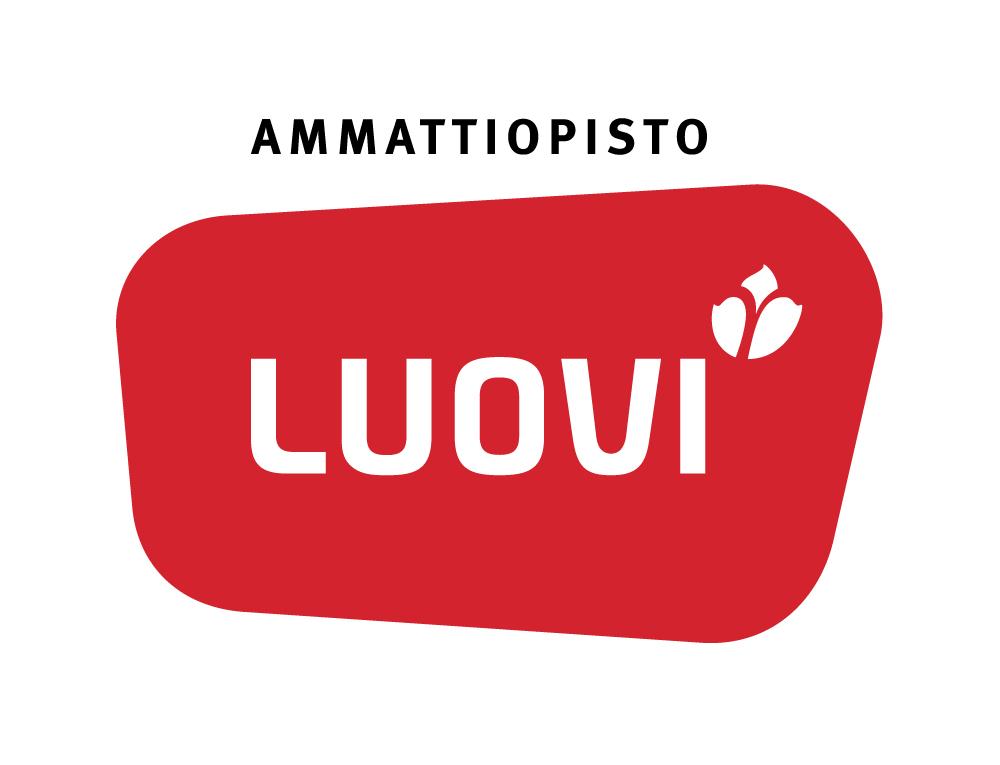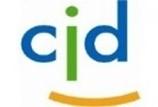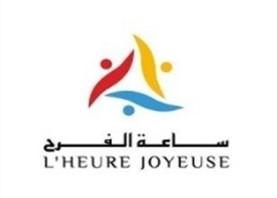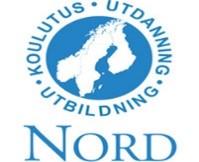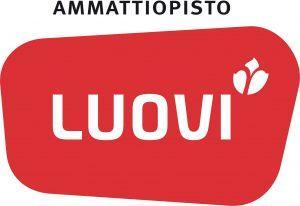Christliches Jugenddorfwerk Deutschlands gemeinnütziger e.V., Germany
The CJD is one of Germany’s largest social and educational organisations. Every year, it gives 155,000 young people and adults guidance and opportunities for the future. 9,500 full-time employees and numerous volunteers at over 150 locations provide help, support and education/training. This work is based on the Christian conception of what it means to be human, with the vision: “Let no one fall by the wayside!”
Federazione Centro Nazionale Operesalesiane Formazione Aggiornamento Professionale, Italy
The CNOS-FAP Federation, National Centre of Salesian Institutions – Vocational Training and Updating, is an Italian association founded on December 9th 1977. It coordinates the Italian Salesian VET centres who provide a public service in vocational guidance, initial, higher and continuous vocational education and training, following the educational methodology of St. John Bosco. It is a non-profit organization, representing in Italy the Salesians’ commitment towards the delivering of VET services and programs, particularly addressed to marginalized youth.
Salesian Institutions are in 133 Countries; as VET providers they started their activities in 1870 and are currently active in 108 Countries, managing about 1845 technical and educational schools and VET centres addressed to more than 1.215.000 beneficiaries, numbering them among the eldest, long-lasting and widest network of training providers of the world.
At national level, The CNOS-FAP Federation operates in 16 Italian Regions with 60 Centres, coordinated by the National Office, active in VET field mainly through providing vocational guidance and counselling services for youth and adults, and planning and delivering courses and modules in different fields. Nowadays, CNOS-FAP Federation is fully equipped and is available to enable vocational training for youth and adults in many sectors, with particular regard to the following areas: Industrial engineering, Civil and Industrial electrical and automation systems, Basic and advanced information technology, Company secretary and desk work, Graphic Design & Multimedia, Hotel and Hospitality, Car Mechanics and Energy.
Hengitysliitto ry /Ammattiopisto Luovi, Finland
Ammattiopisto Luovi (Luovi Vocational College) provides vocational education and training, VET at upper secondary level for both young and adults nationwide. Luovi is the largest vocational special education institution in Finland and it is spread across 22 sites. There are 1800 students with special needs in initial VET. Reasons may include mental health and social problems, minor developmental delays, reading and writing difficulties and developmental disorders. The students of Luovi need individual support and study guidance.
Luovi provides initial VET in seven fields of study: Cultural sector, Natural sciences, Natural resources and the environment, Tourism, catering and domestic services, Technology, communication and transport and Social sciences, business and administration. Besides, Luovi provides preparatory training, VALMA for vocational studies and TELMA for independent living and work.
L’Heure Joyeuse, Marocco
Joyeuse has been developing concrete and sustainable solutions, based on innovative approaches, designed to improve the daily lives of underprivileged children as well as young people.
Three activity sectors
Training and professional integration sector: Be engaged and act with youth for their life goals. Facilitate young people’s integration to the professional environment via appropriate support through the OPIU (Professional Orientation and Insertion unit). Provide quality training within our CFAs (Training Center by Learning) or at partner training centers. Initiate, support, and train young people for entrepreneurship.
Educational sector: Ensure educational, pedagogical, social,and academic support tailored to the needs of children and young people in difficulty. Strengthen their autonomy. Develop families’ resilience. Tackle school drop-out in rural areas.
Health sector: Fight against child mortality. Address the medical needs of the Educational sector. Bring aid to populations in high medical distress.
Stiftelsen Utbildning Nordkalotten, Sweden
Stiftelsen Utbildning Nordkalotten (The Arctic Vocational Foundation), Utbildning Nord is situated in Övertorneå, in the northern part of Sweden. Utbildning Nord started as a vocational training provider 1970. Since 1991 the school has been organized as a non-profit making foundation. The governments in Finland, Norway and Sweden have the responsibility for the foundation. Beside the regulations of the foundation the activities are regulated by an agreement of co-operation between the three countries.
Utbildning Nord is a vocational training provider for the Finnish, Norwegian and Swedish labor markets’ needs. Vocational training is tailored to each individual student and the teaching methods focus on the motto “learning by doing”. This means that many of the training programs are based on practical learning with the support of teachers.
Training programs includes Hotel and Restaurant, Engineering and industry, Construction and craft, Information and communication technology and Assistant nurse. We have 68 teachers and other staff members, 285 adult learners (20+years old) and 48 young learners (16-19 years old).

